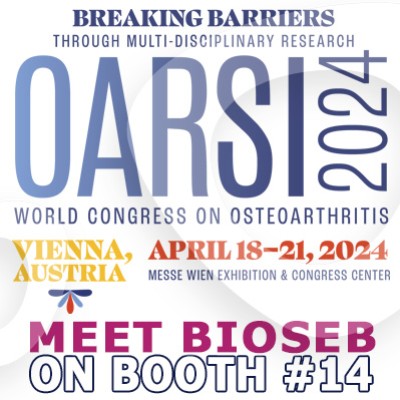Authors
V Ogay, V Kumasheva, Y Li et al
Lab
National Center for Biotechnology, Nur-Sultan, Kazakhstan
Journal
Cell Transplantation
Abstract
Pericytes possess high multipotent features and cell plasticity, and produce angiogenic and neurotrophic factors that indicate their high regenerative potential. The aim of this study was to investigate whether transplantation of adipose-derived pericytes can improve functional recovery and neurovascular plasticity after ischemic stroke in rats. Rat adipose-derived pericytes were isolated from subcutaneous adipose tissue by fluorescence-activated cell sorting. Adult male Wistar rats were subjected to 90 min of middle cerebral artery occlusion followed by intravenous injection of rat adipose-derived pericytes 24_h later. Functional recovery evaluations were performed at 1, 7, 14, and 28 days after injection of rat adipose-derived pericytes. Angiogenesis and neurogenesis were examined in rat brains using immunohistochemistry. It was observed that intravenous injection of adipose-derived pericytes significantly improved recovery of neurological function in rats with stroke compared to phosphate-buffered salineÐtreated controls. Immunohistochemical analysis revealed that the number of blood capillaries was significantly increased along the ischemic boundary zone of the cortex and striatum in stroke rats treated with adipose-derived pericytes. In addition, treatment with adipose-derived pericytes increased the number of doublecortin positive neuroblasts. Our data suggest that transplantation of adipose-derived pericytes can significantly improve the neurologic status and contribute to neurovascular remodeling in rats after ischemic stroke. These data provide a new insight for future cell therapies that aim to treat ischemic stroke patients.

 Pain - Thermal Allodynia / Hyperalgesia
Pain - Thermal Allodynia / Hyperalgesia Pain - Spontaneous Pain - Postural Deficit
Pain - Spontaneous Pain - Postural Deficit Pain - Mechanical Allodynia / Hyperalgesia
Pain - Mechanical Allodynia / Hyperalgesia Learning/Memory - Attention - Addiction
Learning/Memory - Attention - Addiction Physiology & Respiratory Research
Physiology & Respiratory Research
 Pain
Pain Metabolism
Metabolism Motor control
Motor control Neurodegeneration
Neurodegeneration Cross-disciplinary subjects
Cross-disciplinary subjects Muscular system
Muscular system General activity
General activity Mood Disorders
Mood Disorders Other disorders
Other disorders Joints
Joints Central Nervous System (CNS)
Central Nervous System (CNS) Sensory system
Sensory system